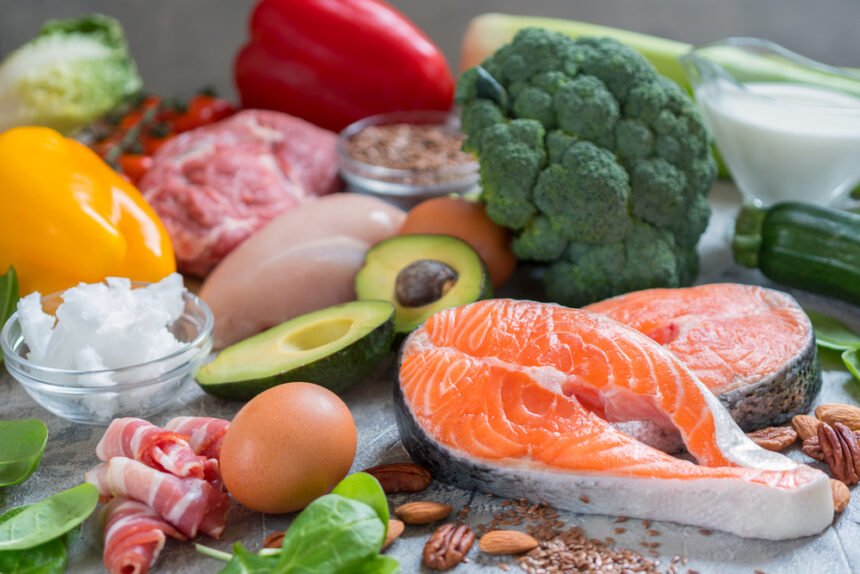The Keto diet is just one of the multiple fad diets that have been taking the world by storm in recent years. According to this diet, by reducing your carbohydrate intake dramatically, your body enters a state of ketosis, and it burns fat for fuel instead of the glycogen it gets from carbs. The keto diet has become a popular way to lose weight, but how can you tell if this diet is the right one for you? Here are a few questions to ask yourself before you cut the majority of carbs out of your diet for good.
1. Are You Willing or Able to Calculate Macros?
The key to successfully navigating the keto diet lies in being able to calculate your macros. There are three primary macros that you need to worry about — fats, proteins and carbohydrates. Each makes up a percentage of your diet. With a regular 2,000 calorie a day diet, carbohydrates make up between 45-65% of your diet, fats make up 20-35% and proteins make up 10-35%. With a keto diet, the goal is is to reduce your carbohydrate intake to around 5%, and the other two macros make up the difference — 70% fats and 25% protein. If you hope to succeed on the keto diet, you need to calculate your macros. Ideally, this will put your body into ketosis, and it will start burning fat for energy instead of carbs.
2. Can You Live Without Starchy Foods?
Ask yourself if you can live without starchy foods like bread and potatoes. If your entire diet consists of some form of starch at every meal, you’ll probably find it difficult to stick to the keto diet in the beginning. However, there are alternatives to carb-heavy foods — cauliflower, for example, can be used as a keto-friendly replacement for everything from rice to mashed potatoes and pizza crust. If you can learn to live without your starchy staples, keto might be the right choice for you.
3. Are You Trying to Lose Weight?
The keto diet has become a popular way to lose weight, but it can be challenging. Yes, you’re tricking your body into burning your fat stores which can result in weight loss, but it can be difficult to maintain a caloric deficit when you’re eating fats and proteins that are high in calories. You will also need to stick strictly to the keto diet if you want to maintain any weight loss you achieve, or at least adhere to your healthy dietary choices. If you jump right back into eating carbs once you reach your goal weight, you’ll gain everything back and then some.
4. Have You Cleared It With Your Doctor?
As with any major change to your diet or exercise regimen, you should talk to your doctor before starting the keto diet. While it’s been used for over a century to control seizures in children, there aren’t a lot of modern studies that look at the long-term effects of this high-fat-low-carb diet. Make sure to schedule an appointment with your primary care provider to make sure you’re healthy enough for this kind of dietary change.
Is Keto Right for You?
Is the keto diet the right choice for you? That depends on you. If you’re ready to make major changes in your life and your diet, can live without starchy foods and don’t mind carefully calculating your macros with every meal, then the keto diet might be the best choice for you. If you’re planning on using keto for weight loss, you will also need to be more active than you have in the past to help create that caloric deficit that encourages weight loss.







